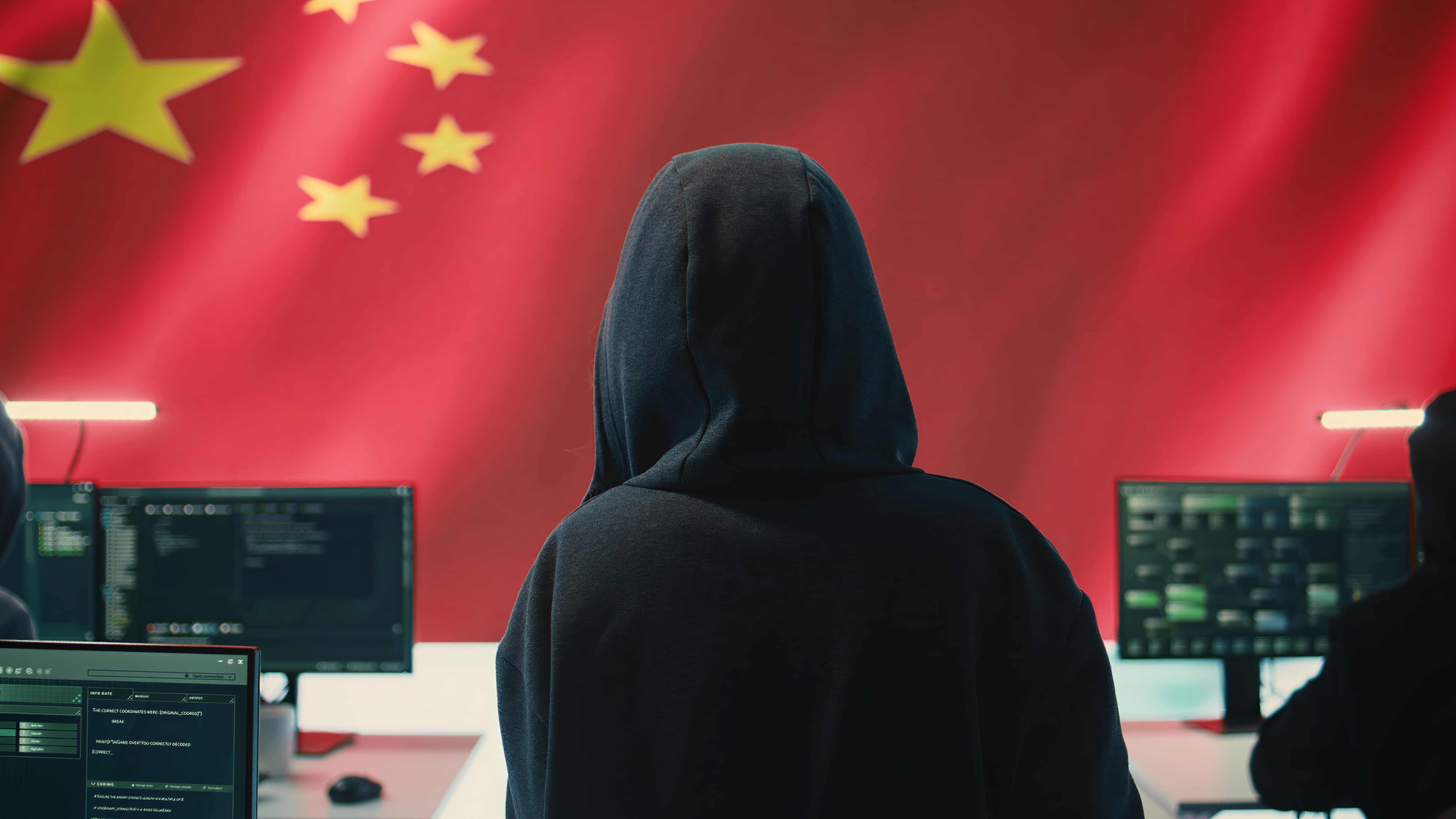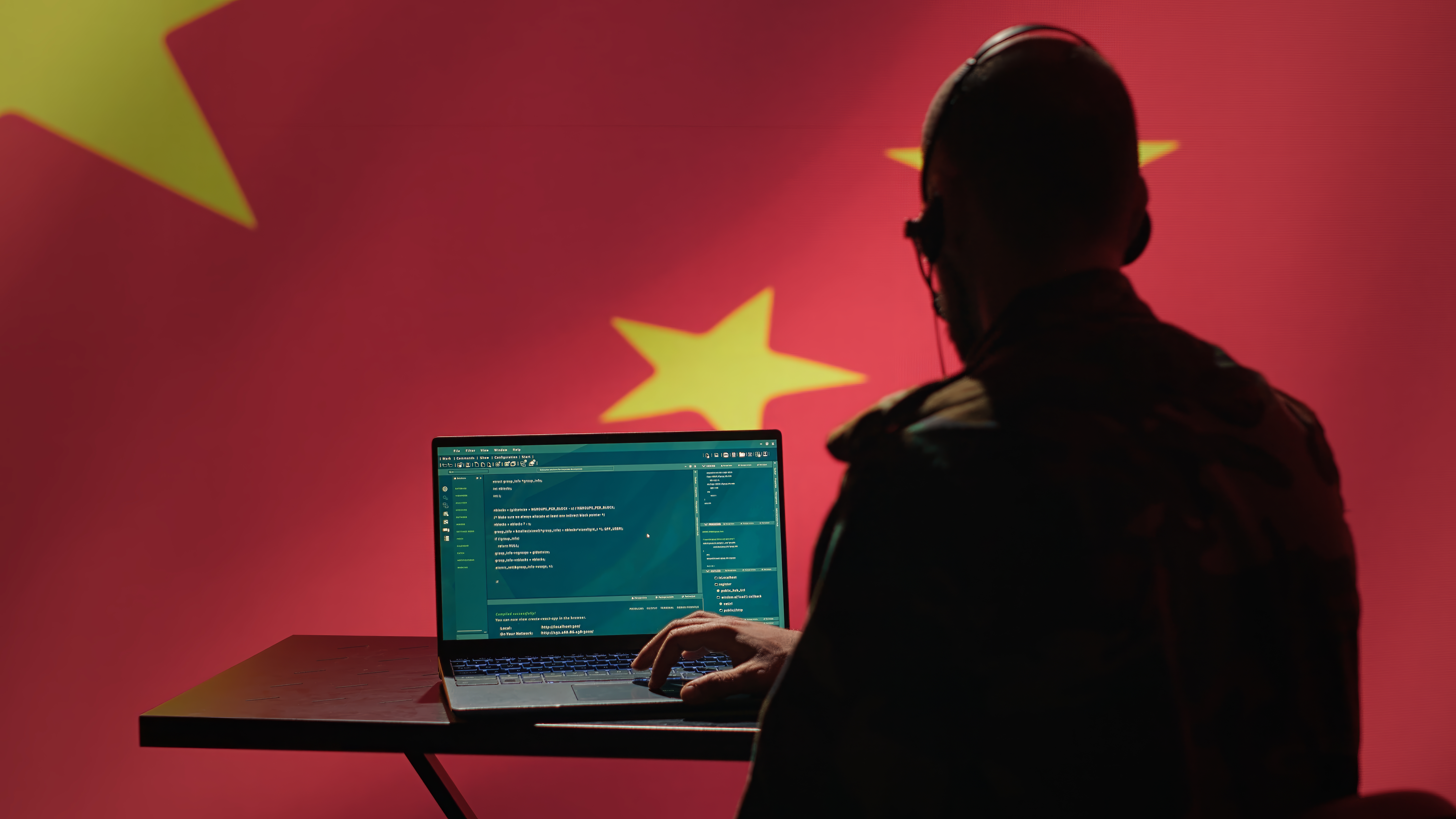The FBI has warned that Chinese hackers are exploiting structural weaknesses in global telecom infrastructure, following the Salt Typhoon incident that penetrated US networks on an unprecedented scale. Officials say the Beijing-linked group has compromised data from millions of Americans since 2019.
Unlike previous cyber campaigns focused narrowly on government targets, Salt Typhoon’s intrusions exposed how ordinary mobile users can be swept up in espionage. Call records, internet traffic, and even geolocation data were siphoned from carriers, with the operation spreading to more than 80 countries.
Investigators linked the campaign to three Chinese tech firms supplying products to intelligence agencies and China’s People’s Liberation Army. Experts warn that the attacks demonstrate the fragility of cross-border telecom systems, where a single compromised provider can expose entire networks.
US and allied agencies have urged providers to harden defences with encryption and stricter monitoring. Analysts caution that global telecoms will continue to be fertile ground for state-backed groups without structural reforms.
The revelations have intensified geopolitical tensions, with the FBI describing Salt Typhoon as one of the most reckless and far-reaching espionage operations ever detected.
Would you like to learn more about AI, tech, and digital diplomacy? If so, ask our Diplo chatbot!










